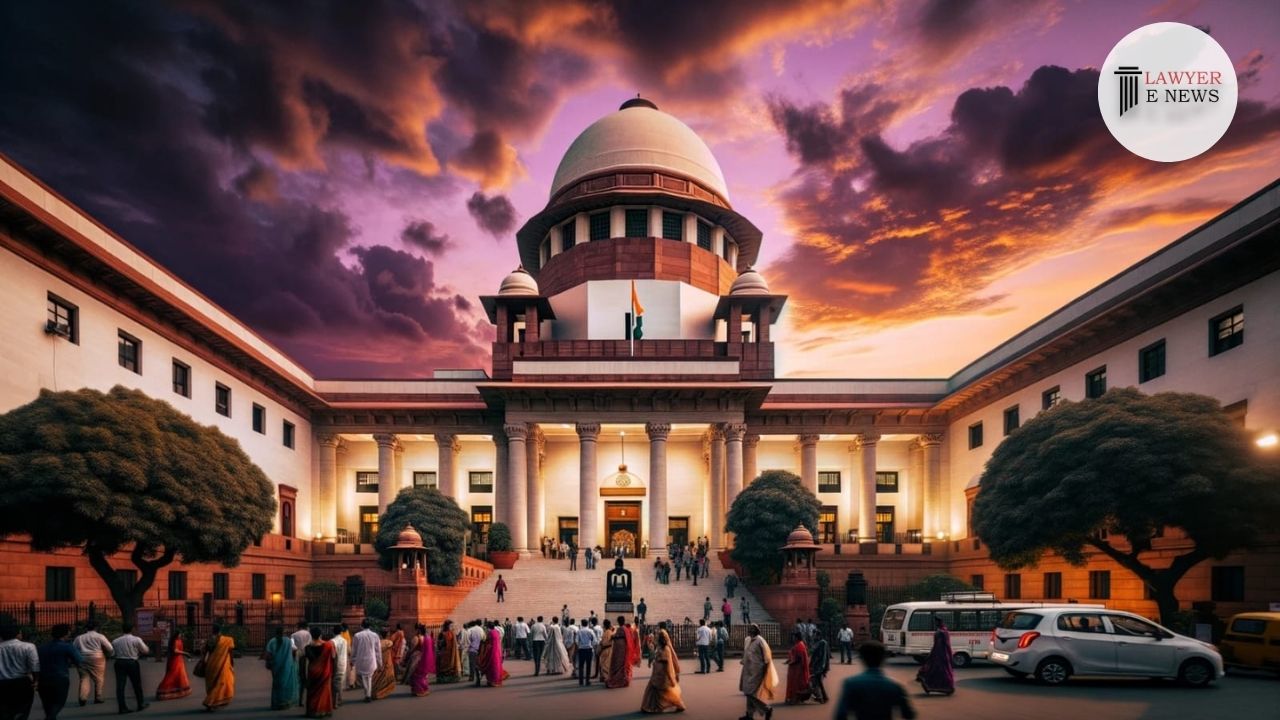-
by sayum
14 February 2026 2:22 PM



In a significant judgment, the Supreme Court of India has set aside the orders of the High Court and lower administrative authorities regarding the cancellation of land allotments. The decision, delivered by Justices C.T. Ravi Kumar and Aravind Kumar, underscores the necessity of imposing a reasonable time limit for initiating suo moto proceedings under the Uttar Pradesh Zamindari Abolition and Land Reforms Act (UPZALR Act). The case, involving the appellants Smt. Shyamo Devi and others versus the State of Uttar Pradesh, focused on the belated initiation of land cancellation proceedings by the Additional Collector, thirteen years after the initial allotment.
Court Observations and Views:
Reasonable Time Limit for Suo Moto Actions:
The Supreme Court emphasized the importance of reasonable time limits for exercising suo moto powers, even in the absence of explicitly defined statutory limitations. The court referenced key precedents, including State of Punjab v. Bhatinda Milk Producer Union Limited and Ibrahimpatnam Taluk Vyavasaya Coolie Sangham v. K. Suresh Reddy, to reinforce its position. "Statutory authority must exercise its jurisdiction within a reasonable period, and what constitutes a 'reasonable period' depends on the nature of the statute, rights, and liabilities thereunder, and other relevant factors," the court noted.
Fraud Allegations and Evidence:
The court found no substantial evidence or foundational facts indicating fraud by the appellants. Justice Aravind Kumar remarked, "The procedural lapses noted in the administrative reports did not sufficiently substantiate allegations of fraud against the appellants." The court scrutinized the administrative communications and found that the reports alleging irregularities were based on presumed irregularities rather than concrete evidence.
Legal Reasoning:
The judgment extensively discussed the principles of timely administrative actions. The court highlighted that while the UPZALR Act does not prescribe a specific limitation period for suo moto actions under Section 122-C(6), the initiation of such actions must still occur within a reasonable time frame. The court stated, "The expression 'at any time' used in other statutes is conspicuously absent in Section 122-C(6) of the UPZALR Act, indicating the necessity for reasonable timing in initiating proceedings."
Quotes from the Judgment:
Justice Aravind Kumar remarked, "The suo moto power must be exercised within a reasonable period even in the case of fraud, and what constitutes a reasonable time depends on the facts and circumstances of each case."
Conclusion:
The Supreme Court's decision to set aside the orders of the Additional Collector and the High Court sends a clear message about the need for timely administrative actions in land allocation disputes. By emphasizing reasonable time limits for suo moto actions, the judgment seeks to ensure fairness and prevent undue hardship to individuals who have relied on administrative allotments for extended periods. This landmark ruling is expected to influence future cases involving land allotments and reinforce the principles of timely and fair administrative procedures.
Date of Decision: May 16, 2024
Smt. Shyamo Devi and Others v. State of U.P. Through Secretary and Others
